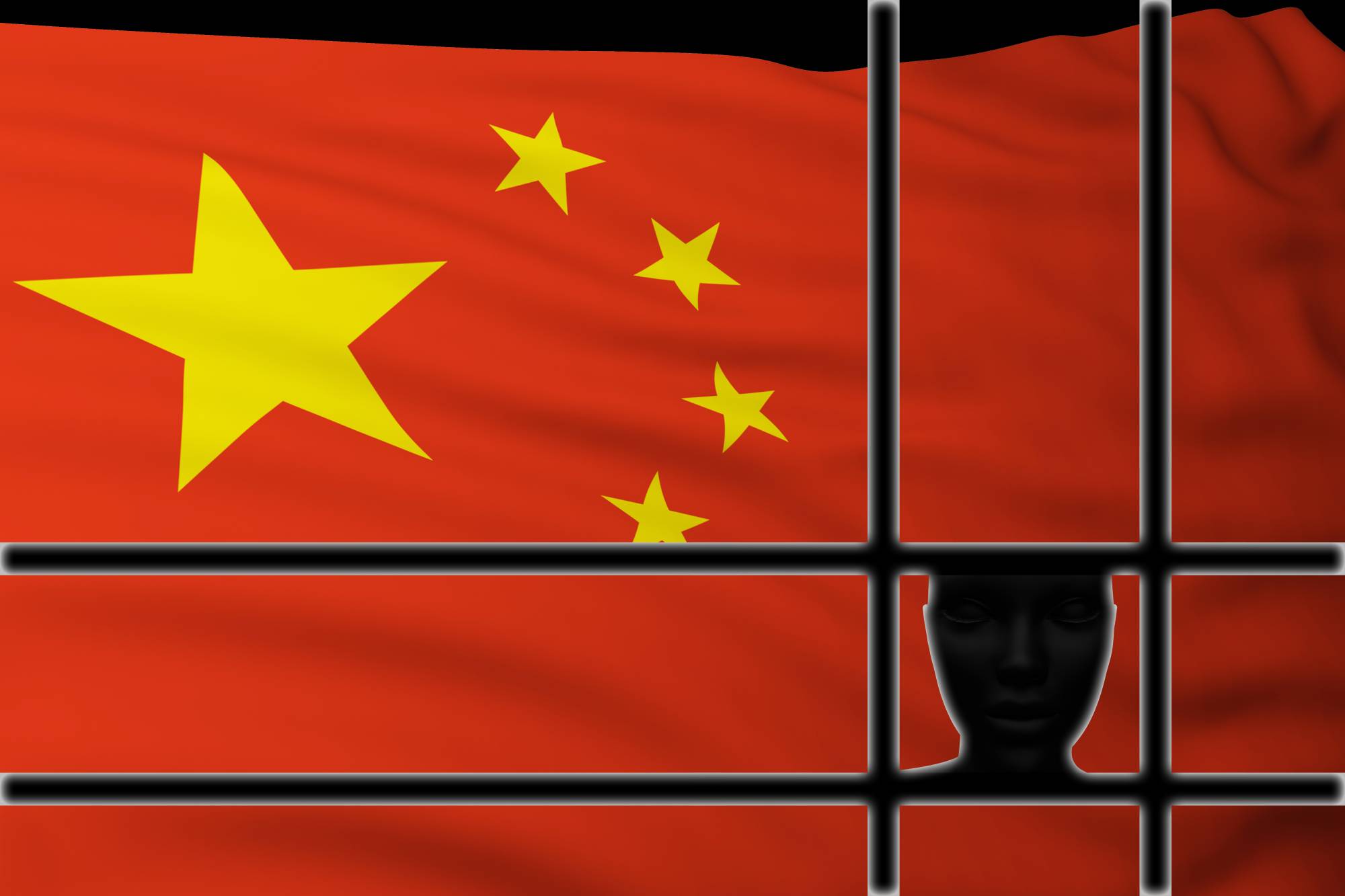In higher education sectors in the United States, the United Kingdom and Australia, the “China threat” debate has become divided between those emphasizing the national security dangers in the Chinese Communist Party’s projection of influence into universities abroad, and those emphasizing the risks of stigmatization of Chinese scholars and students through fear-mongering about such dangers.
Both sides in this debate have a point. In a growing Cold War atmosphere exacerbated by anger over the COVID-19 pandemic, even Chinese-American students and scholars have been subjected to unfair suspicions of being CCP agents.
Yet there is also no denying evidence that under Chinese President Xi Jinping, China is implementing a far-reaching statist integration of university research and industry organizations with military and state security interests, and imposing expectations on Chinese scientists working domestically or abroad to serve those interests. Knowingly or not, those scientists and their foreign research collaborators can then become complicit in the regime’s militarization and its human rights abuses.



















With your current subscription plan you can comment on stories. However, before writing your first comment, please create a display name in the Profile section of your subscriber account page.